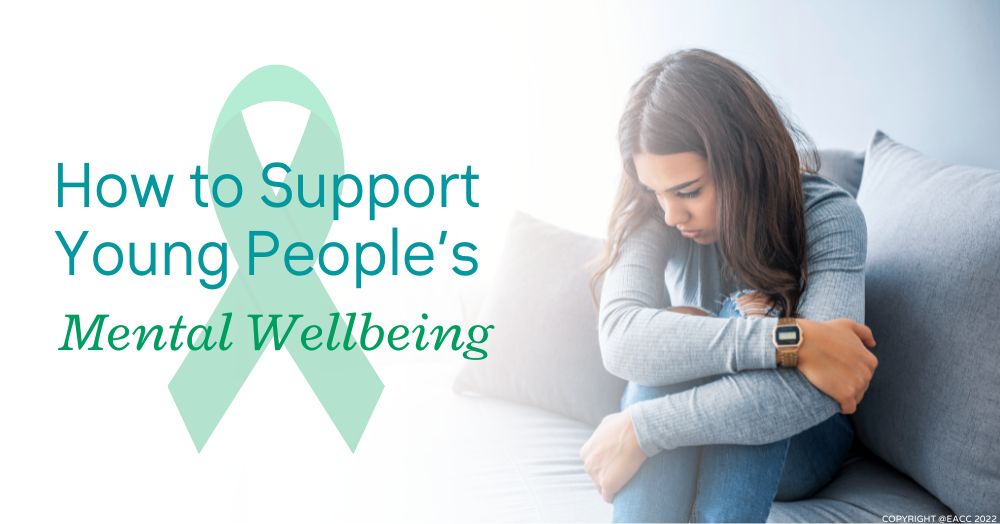Mental health used to be taboo, but thankfully, nowadays it’s more open for discussion. But while we’re all more aware of it, are we doing enough to help and empower young people who may be experiencing problems?
September 19th marks Youth Mental Health Day (YMHD), an initiative to raise awareness and understanding around mental wellbeing and to encourage young people to live happy, healthy lives.
Studies by the charity behind YMHD, Stem 4, have found that six in ten young people experience mental health difficulties, such as low mood, anxiety and self-harm. Worryingly, one-sixth of five to sixteen-year-olds have diagnosable mental health conditions.
In this quick read, we look at ways you can support your children, family members or friends with their mental wellbeing.
Meaningful relationships
This year, YMHD’s theme is about meaningful connections and encourages young people to try and make healthy, strong relationships rather than fleeting, superficial friendships.
Talk to young people about the people in their lives, who they feel comfortable talking to, who they trust and so on. Encouraging positive connections can reduce feelings of loneliness and isolation.
What are unhealthy relationships?
Teaching young people about when to walk away from some friendships is a good way to make them more self-aware and to boost their emotional health. Unfortunately, some relationships can become draining or toxic, and we need to help teenagers and children understand this. Distancing themselves from people who no longer make them feel happy or put pressure on them is a skill that they can fall back on throughout their lives.
Talk about kindness and how to remove themselves from such relationships in a way that doesn’t cause stress or arguments.
How to ask for help
We all need help at some stage in our lives and it’s important for young people to understand that this is not a weakness. Talk about situations when they feel like they need help or someone to listen to them to reduce the stigma around mental health.
Social media
As much as we all enjoy a nose around social media, for young teenagers who have never known life without it, their online world can cause stress and anxiety. Social media is a minefield where teens are exposed to things such as heavily filtered images, inappropriate or explicit content, online bullying, trolls and much more.
Make them aware that social media is what people want you to see rather than reality. Encourage them to take a break from being online, ask to see their social media profiles and posts. Be open about social media and its pitfalls while understanding how important it is to their generation.
Let’s all try to make a difference for our children. Share your tips below for supporting young people with their mental health.





